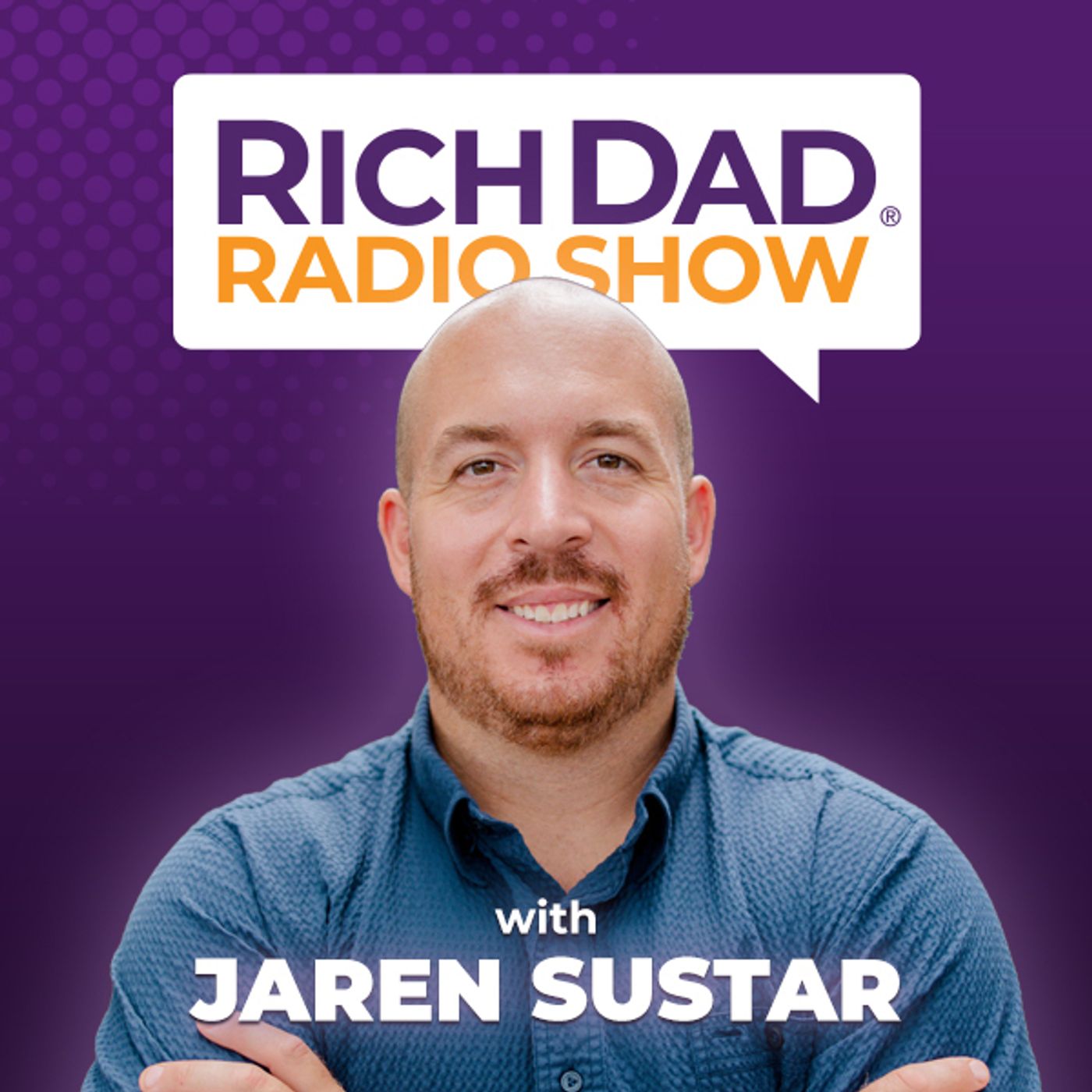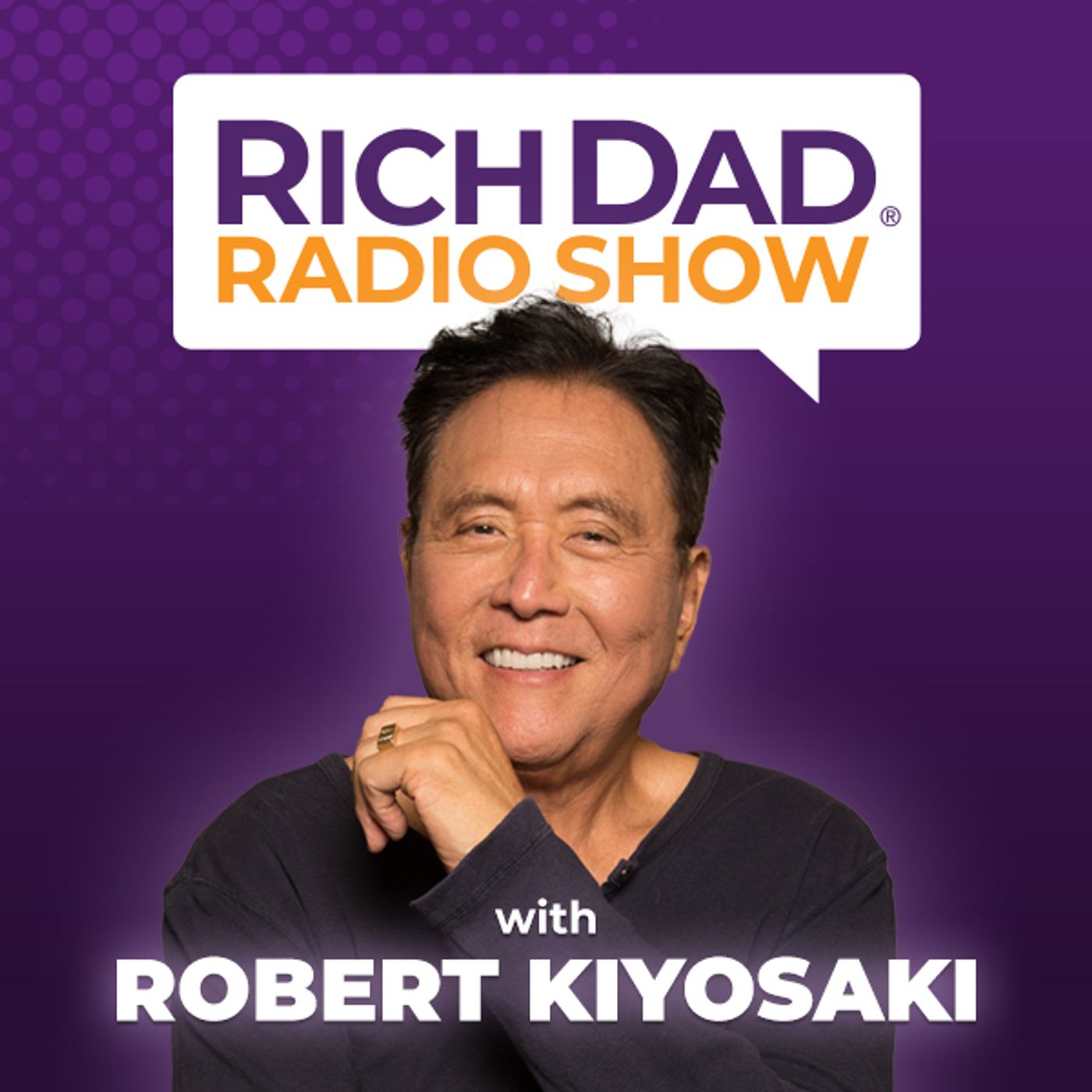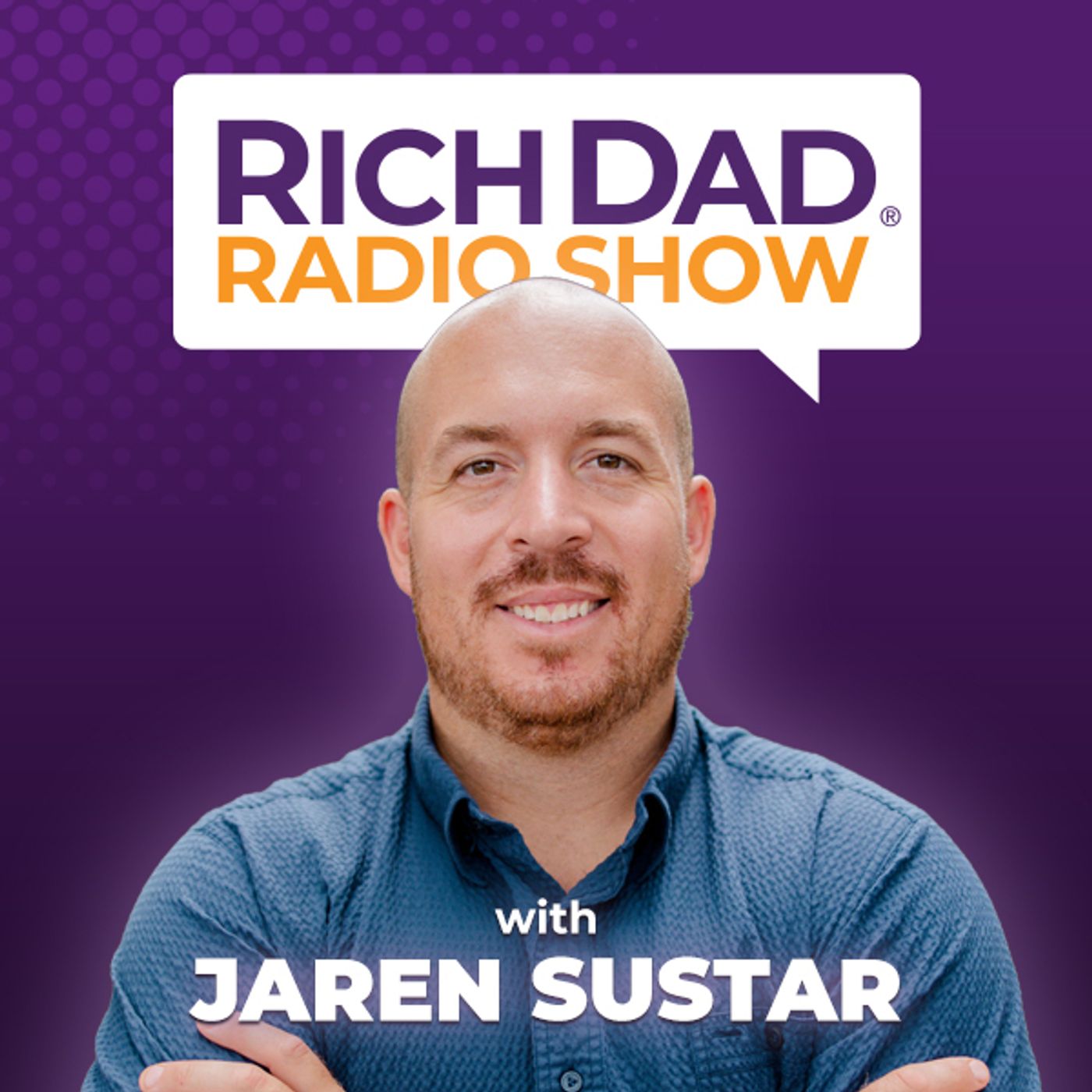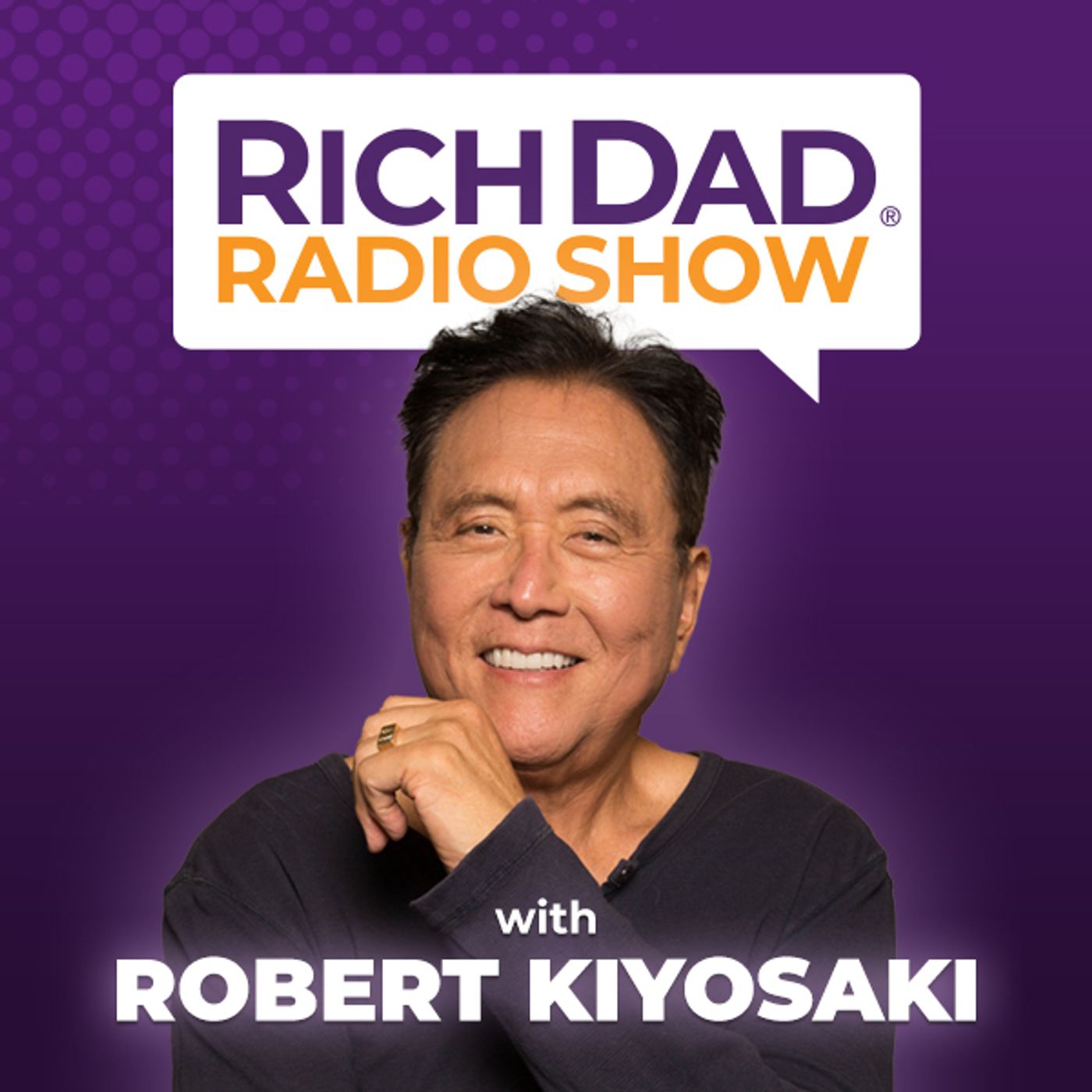The Ultimate Tax-Free Strategy
In this episode of the Rich Dad Radio Show, hosted by financial education icons Robert and Kim Kiyosaki, we explore in depth the financial strategies that allow the wealthy to legally minimize their taxes while maximizing their wealth. If you're curious about how the rich use debt, real estate, and the tax code to their advantage, this episode is a must-watch. The Basics of Debt and Taxes Robert Kiyosaki kicks off the episode by reminding us that the Rich Dad Radio Show is all about delivering both the good and bad news about money. This episode focuses on taxes and real estate, revealing how the wealthy strategically increase their income while reducing their tax obligations. Highlighting a memorable moment from the 2016 presidential debate, where Donald Trump famously said, "That means I'm smart" in response to not paying taxes, Kiyosaki explains that this approach is a form of financial intelligence that savvy entrepreneurs use to their benefit. The Importance of Asset Classes Kim Kiyosaki emphasizes the significance of choosing the right asset class, outlining the four basic types:BusinessReal EstatePaper Assets (stocks, bonds, mutual funds)Commodities (gold, silver, Bitcoin, oil, gas)Understanding how taxes affect each asset class can lead to smarter investment decisions. This episode features expert insights from Tom Wheelwright and Ken McElroy, who dive into the tax benefits of real estate investments. Expert InsightsKen McElroy: A seasoned real estate investor, Ken manages a vast portfolio of properties, primarily in Texas and Arizona. He illustrates how borrowing money for real estate can result in minimal tax liabilities while generating substantial returns.Tom Wheelwright: A tax advisor, Tom explains how the tax code incentivizes debt and depreciation, allowing real estate investors to legally offset their taxable income and defer taxes.Real Estate: The Ultimate Tax Shelter Robert and Kim discuss their strategy of acquiring real estate to offset their business income. By converting cash into debt and investing it in real estate, they generate tax-free income and benefit from property appreciation. Ken McElroy shares a real-life example of turning a financially distressed property into a profitable investment, emphasizing the importance of excellent property management and strategic renovation. Misconceptions About Diversification The Kiyosakis challenge the common advice of diversification, arguing that true diversification involves investing in tangible assets like real estate, commodities, and businesses rather than just paper assets like stocks and bonds. The Role of Teamwork Robert and Kim stress the importance of having a knowledgeable team. Real estate investments require skilled management, legal guidance, and strategic planning. They share their journey from managing properties themselves to partnering with experts like Ken and Tom, who have significantly amplified their investment success.-----Please read carefully.This is not financial advice.You may be asking, “what does that mean?”Let me explain…Do not just do what I, my team, or my guest says. That would be stupid and irresponsible. Take the education, then use your own brain and make your own decisions.YOU must take responsibility for your future and your success. That is why you are here. Neither I, or my team, or my guests, know your risk levels, prior education, emotional maturity, or how much money you can afford to lose. We are only telling you what we believe to be smart moves. But you must decide for yourself. There are NEVER guarantees. Also understand that we are REAL teachers. We practice what we preach. With that in mind we often invest in the very projects that may be mentioned on this show. While it is never our intent, we could possibly profit from others investing in our recommendations.Take the education we provide but then determine your own actions. If it does not make sense to you, get more education before you invest. We will continue to provide education and there will always be more opportunities.
 Sign in
Sign in Sign in
Sign in Sign in
Sign in

















































